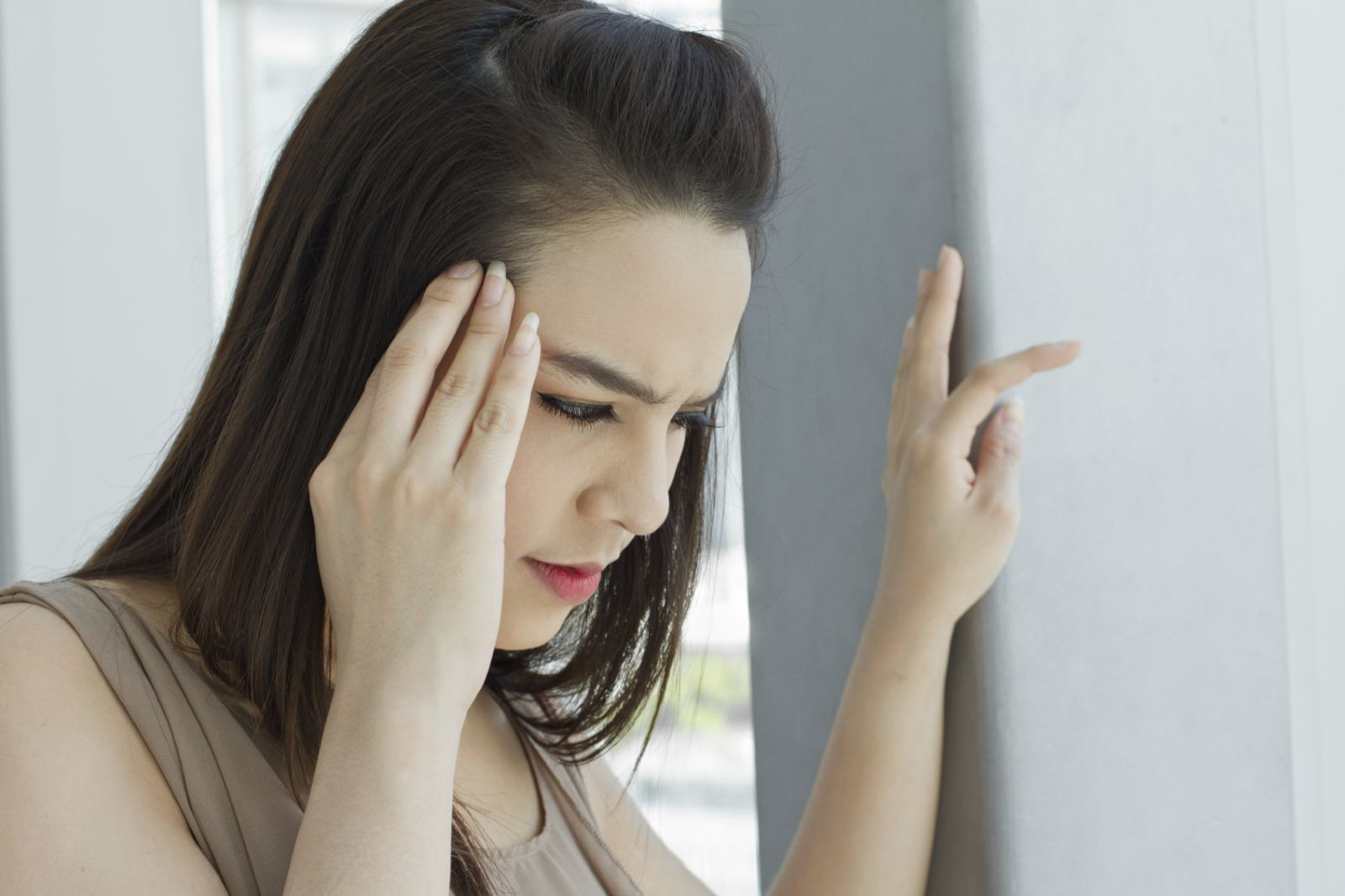
How — and why — to fit more fiber and fermented food into your meals

UTI in older women: Why postmenopausal women are susceptible to urinary tract infection, and what to do about it

Can a routine vaccine prevent dementia?

Some adults may need a measles booster shot. Who should get one and why?

Less butter, more plant oils, longer life?

Healthier planet, healthier people

Counting steps is good — is combining steps and heart rate better?

Appendix pain: Could it be appendicitis?

Can saw palmetto treat an enlarged prostate?

How does Ozempic work? Understanding GLP-1s for diabetes, weight loss, and beyond
Medications Archive
Articles
Erectile dysfunction drugs linked to lower Alzheimer's disease risk
In a 2024 study, men diagnosed with erectile dysfunction who took popular PDE5 inhibitors to treat their condition had a lower risk of developing Alzheimer's than men who didn't use medication.
Tips to fight "metal mouth"
Some medications can cause a metallic taste in the mouth. Strategies to cope with this sometimes-debilitating side effect include staying hydrated, rinsing thoroughly with water and a dash of salt or baking soda before meals, eating food that's been chilled or brought to room temperature, eating whole foods that are prepared plainly, avoiding red meat, using bamboo or wood eating utensils instead of metal utensils, eating naturally sweet foods such as citrus, and brushing and flossing the teeth regularly.
Dizzy spells when you stand up: When should you worry?
Orthostatic hypotension is a drop in blood pressure when standing up. If it ever leads to loss of consciousness or a fall, it can be dangerous.
Treating female pattern hair loss
Hair loss is a surprisingly common problem for women, particularly after menopause. This condition is typically treated with a medication such as minoxidil, though other options are available, including hair transplant surgery.
Proton-pump inhibitors: What you need to know
Proton-pump inhibitors are the strongest type of medicine available for treating stomach acid. There is some concern about their potential side effects and interactions with other medications.
Lightheaded? Top 5 reasons you might feel woozy
Lightheadedness is a feeling of wooziness or faintness. It is commonly caused by dehydration, drug side effects, blood pressure drops, low blood sugar, heart disease, or stroke.
Appropriate use of testosterone therapy does not appear to raise prostate cancer risk
A 2023 study confirms prior research showing that men with low testosterone levels who use testosterone replacement therapy for 14 months are not at a higher risk for prostate cancer over the following several years.
Get ready for allergy season
Allergy season runs from around March through October. Tree pollen dominates in spring, grass in summer, and ragweed in late summer and early fall. In people with an allergy, pollen exposure can trigger the hallmark allergy symptoms: sneezing, watery eyes, stuffiness, scratchy throat, wheezing, and coughing. There are many ways to manage allergy symptoms, such as using over-the-counter medication, taking allergy shots or oral immunotherapy to help the immune system better tolerate allergens, and reducing one's exposure to pollen.

How — and why — to fit more fiber and fermented food into your meals

UTI in older women: Why postmenopausal women are susceptible to urinary tract infection, and what to do about it

Can a routine vaccine prevent dementia?

Some adults may need a measles booster shot. Who should get one and why?

Less butter, more plant oils, longer life?

Healthier planet, healthier people

Counting steps is good — is combining steps and heart rate better?

Appendix pain: Could it be appendicitis?

Can saw palmetto treat an enlarged prostate?

How does Ozempic work? Understanding GLP-1s for diabetes, weight loss, and beyond
Free Healthbeat Signup
Get the latest in health news delivered to your inbox!
Sign Up











